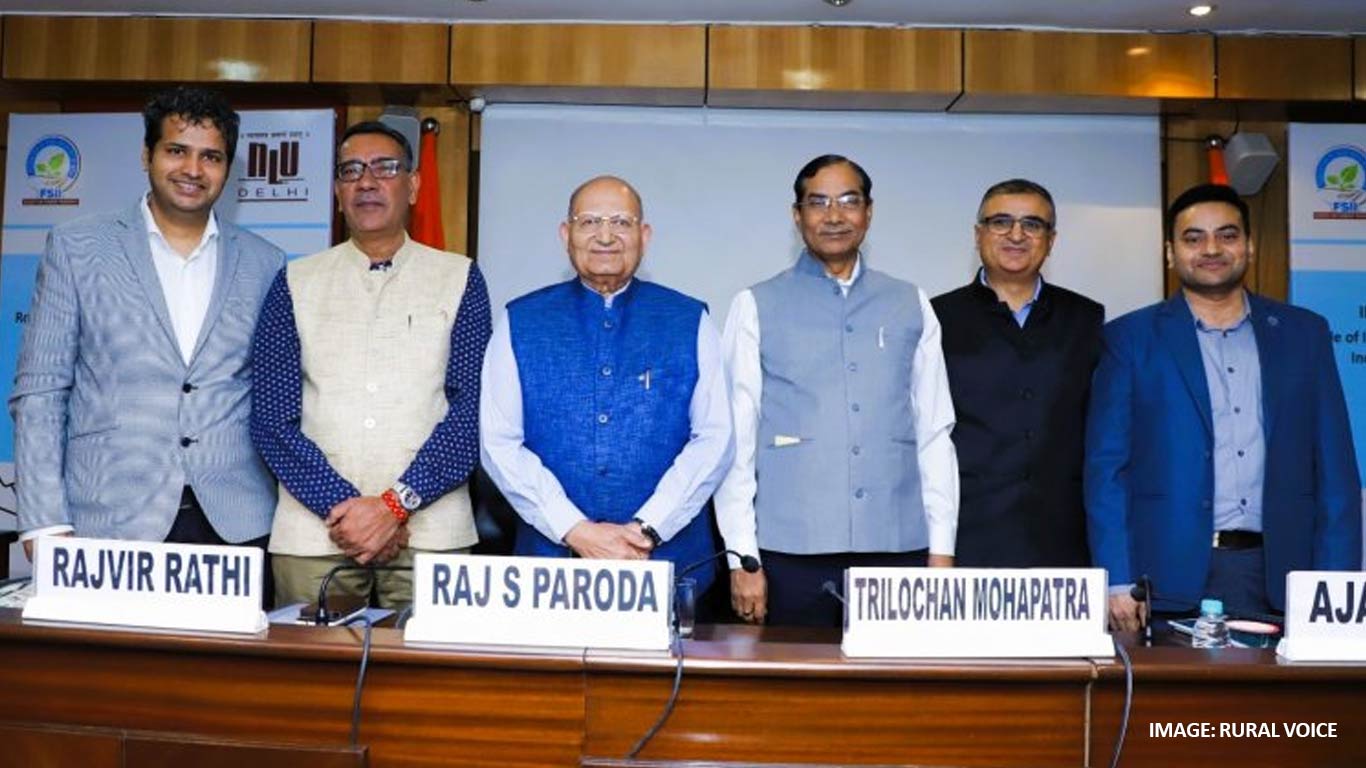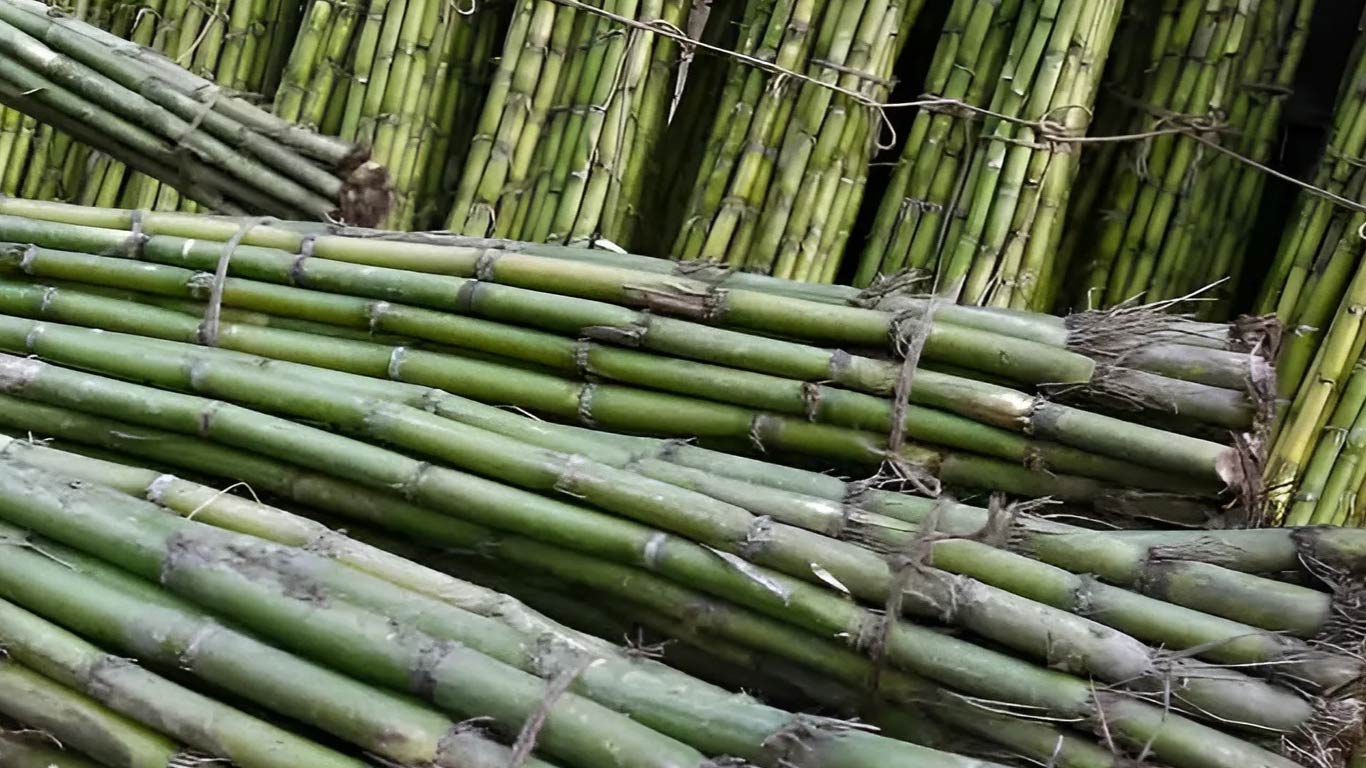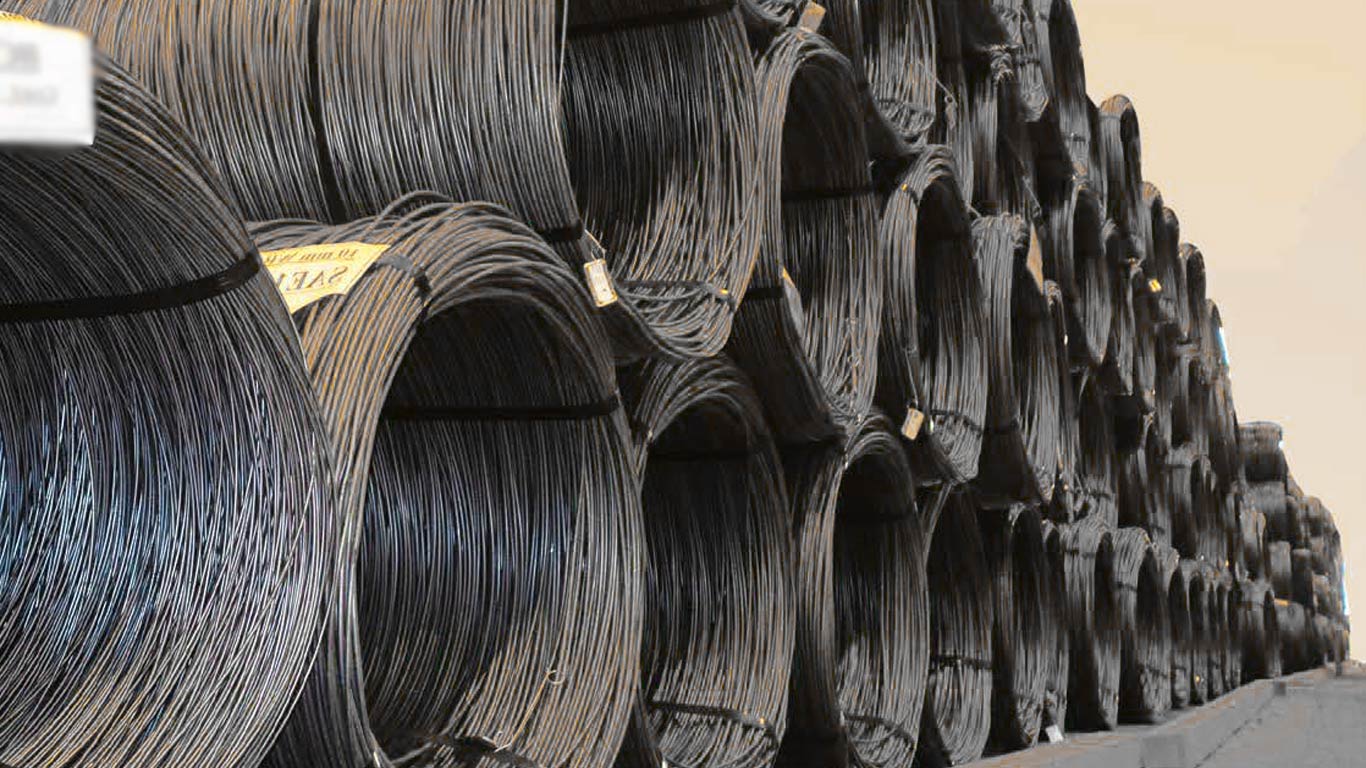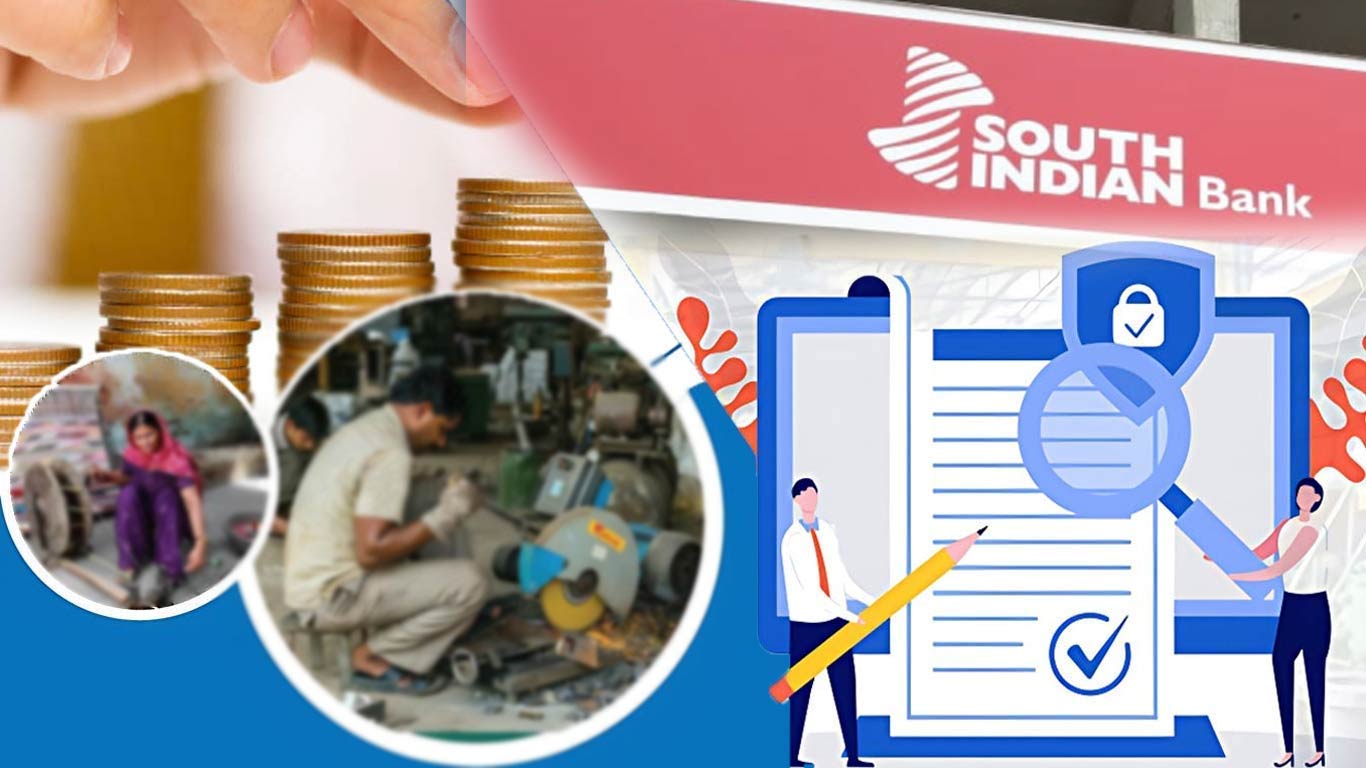Raise investment in plant & machinery limits to Rs 50 cr or switch to turnover based definition for MSMEs: EEPC India to BoT
Updated: Jun 06, 2019 10:31:28am

Raise investment in plant & machinery limits to Rs 50 cr or switch to turnover based definition for MSMEs: EEPC India to BoT
New Delhi, 6 June (KNN) The investment in plant and machinery limits should be raised to Rs 50 crore or the turnover based definition of Micro, Small and Medium Enterprises (MSME) should be introduced as soon as possible, demanded the Engineering Export Promotion Council (EEPC) India.
EEPC India made the above suggestion at a joint meeting of the Board of Trade and the Council for Trade Development and Promotion, chaired by Union Commerce and Industry Minister Piyush Goyal.
During the review meeting, Goyal interacted with large community of exporters and stakeholders.
Making a strong demand for availability of steel at international prices to exporters, EEPC India has brought out several key issues affecting exports, including the recent US decision to end preferential trade treatment for India under the generalized system of Preferences.
In his presentation, EEPC India's Vice Chairman, Arun Garodia said that the US decision on stopping Generalized System of Preferences (GSP) would hit Indian exports hard particularly in sectors such as engineering goods, chemical products and other labor intensive sectors.
Further he said that the removal of these duty concessions would make the majority of products relatively uncompetitive in terms of prices in the US market compared to exports from other developing countries.
Raising the issue of of high prices of domestic steel as compared to international market, he said that high cost of the crucial raw material has resulted into non-competitiveness of Indian downstream engineering exports.
EEPC India also briefed the new minister about the protectionist measures being faced by the engineering exporters in the European Union market.
The other big obstacle for exporters include uncertainties arising out of World Trade Ogranisation (WTO) compatibility for incentive schemes like MEIS and interest equalization scheme, said EEPC India
Garodia stated, "There is an uncertainty in the minds of engineering exporters getting into long term contracts. We suggest that the un-rebated tax scheme be introduced at the earliest so that the phasing out of the existing incentives creates less disruption to our exports''.
Besides, small exporters to OFAC countries like Iran, Syria, Saudi Arabia face major problem due to caution caution listed by the RBI. ''This issue needs to be addressed and exporters should not harassed if banks are not accepting payments from OFAC countries'', he added.
He also referred to the issues of customs procedures and facilitation. He said that the Gujarat Court has struck down the pre-import condition under the Advance Authorisation scheme to avail IGST exemption.
He said there are still past problems with regard to GST refunds pertaining to July- Sep 2017. Issues like the problem of higher or identical duty drawback taken during the transition period need to be resolved.
The other issues brought in the review meeting by EEPC India related to lack of clarity with regard to IGST on supplies from the Special Economic Zones to the Domestic Tariff areas. Exporters also wanted adequate credit and finance at lower interest rates even as the collateral requirements for small exporters make them un-competitive.











